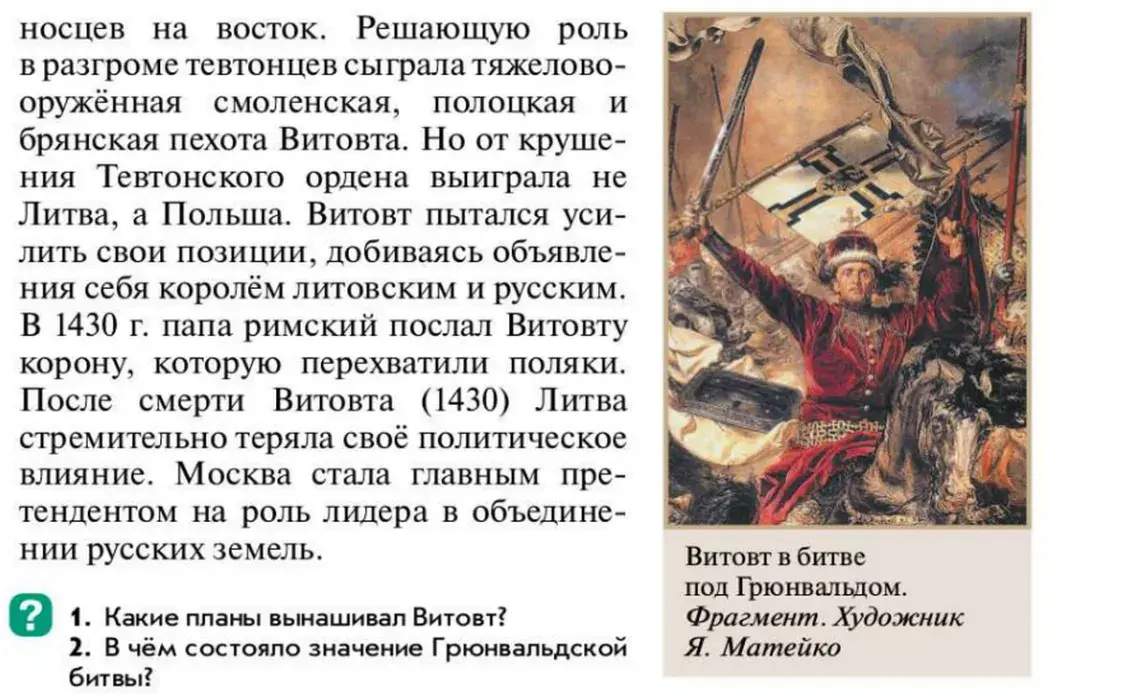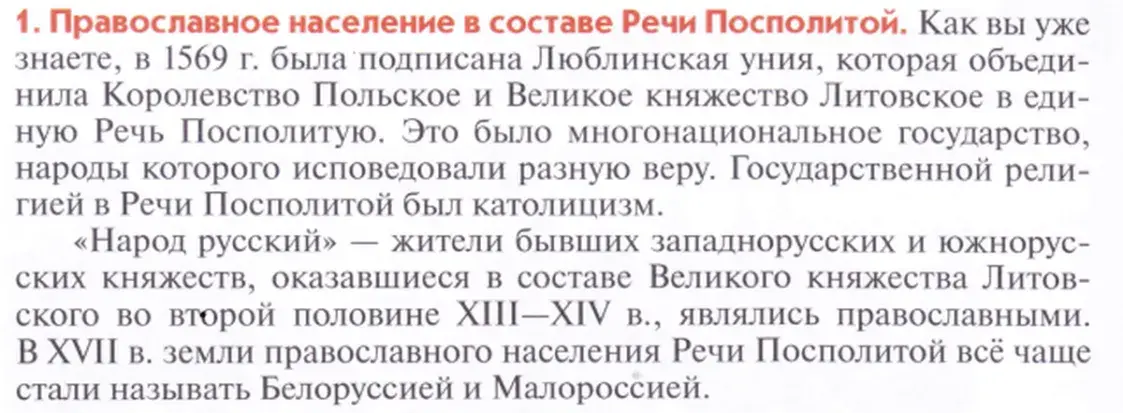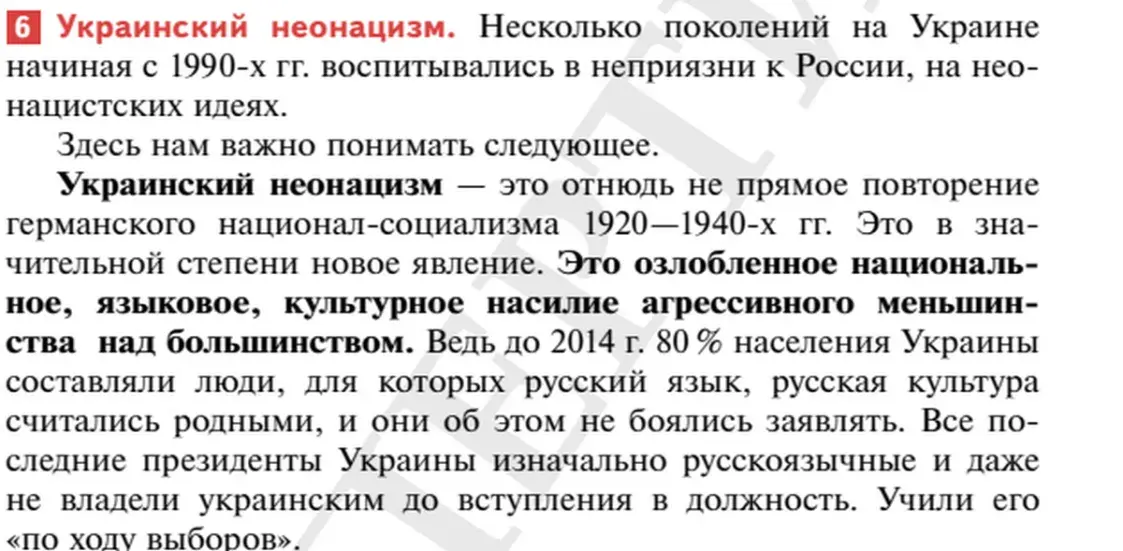New approach to history of Belarus in Russian textbooks

We saw many "interesting" things there / @rubanau_collage / @rubanau_collage
Belarus and Russia may soon have joint history textbooks for schools and universities. It's still unclear what will be in them, although one can already make assumptions. Euroradio has looked through Russian history textbooks and found many interpretations of events in Belarusian history.
For some reason, the Grand Duchy of Lithuania and the Polish-Lithuanian Commonwealth are mentioned in the "History of Russia" section, but not in world history. What else is published under the editorship of former Russian Minister of Culture Vladimir Medinsky?
GDL and the Polish-Lithuanian Commonwealth
For example, the 6th grade textbook calls the lands and population of the modern territory of Belarus "West Russian". The textbook claims that "chronicles in the GDL were written in Russian".
In fact, the chronicles of the Grand Duchy of Lithuania were written not in Russian, but in Old Belarusian.
The Belarusian cities that were part of the GDL are also called "West Russian" in Russian textbooks.
One of the paragraphs tells about the "competition" between Moscow and the GDL for the collection of the so-called "Russian" lands. The term "Lithuanian-Russian state" was often used.
The reigns of Hedymin, Keistut and Vitaut were briefly described. The latter, by the way, is called "Yahaila's vassal". The fact that in the XIV century the GDL was the largest state in Europe, occupying the territory from the Baltic to the Black Sea, was not mentioned.
In the victory at the Battle of Grunwald, where the combined forces of the GDL and Poland defeated the Teutonic Order, Russian historians attribute the decisive importance only to the Smolensk, Polatsk and Bryansk infantry.
In fact, the Moscow army had a significant numerical advantage over Ostrozhsky's army, but this did not prevent the GDL hetman from achieving a brilliant victory.
Another strange statement: according to Russian historians, the people living in the Polish-Lithuanian Commonwealth on the territory of modern Belarus were called "Russian".
And the last king of the state - Stanislaw August Poniatowski - was called "a protégé of Catherine II".
The authors called the partitions of the Polish-Lithuanian Commonwealth an "erasure from the map of Europe". Once again, the tendentious narrative about the "unification of the East Slavic peoples who once inhabited Rus" is repeated.
Modern times
The period of the collapse of the USSR is described in Russian textbooks in an extremely negative way. The authors call this process a violation of the USSR constitution, and Western countries are accused of "direct interference in the internal affairs of the state".
"A uniform interpretation of Belarusian national heroes and events"
Experts of @iSANS_Belarus point out that at the moment it's absolutely unclear how the conceived idea will be realized, but it's clear that textbooks will be brought to a single semantic content.
"Everything points to the fact that the textbooks will have a single interpretation of Belarusian national heroes and events. Moreover, it will be exactly the interpretation of the Kremlin's positions regarding Kalinouski, Kastsiushka, the GDL/RP and many others.Part of the Belarusian national figures will definitely be written down as Poles, and the other part - as Russians".
Besides, there is no doubt that these textbooks will also clearly trace the narrative that Belarusians and Russians are "brothers with a common history and common spiritual values".
"Not a recent thesis"
A Belarusian historian, on condition of anonymity, told Euroradio that the common leitmotif of the cited quotes from Russian history textbooks is that Russia, since the 13th century, has consistently returned/united (around Moscow) the Russian lands inhabited by a predominantly Slavic, Orthodox population.
This is by no means a recent thesis: similar narratives are characteristic of Soviet textbooks, where, for example, only the Smolensk forces played a decisive role in the Battle of Grunwald.


























